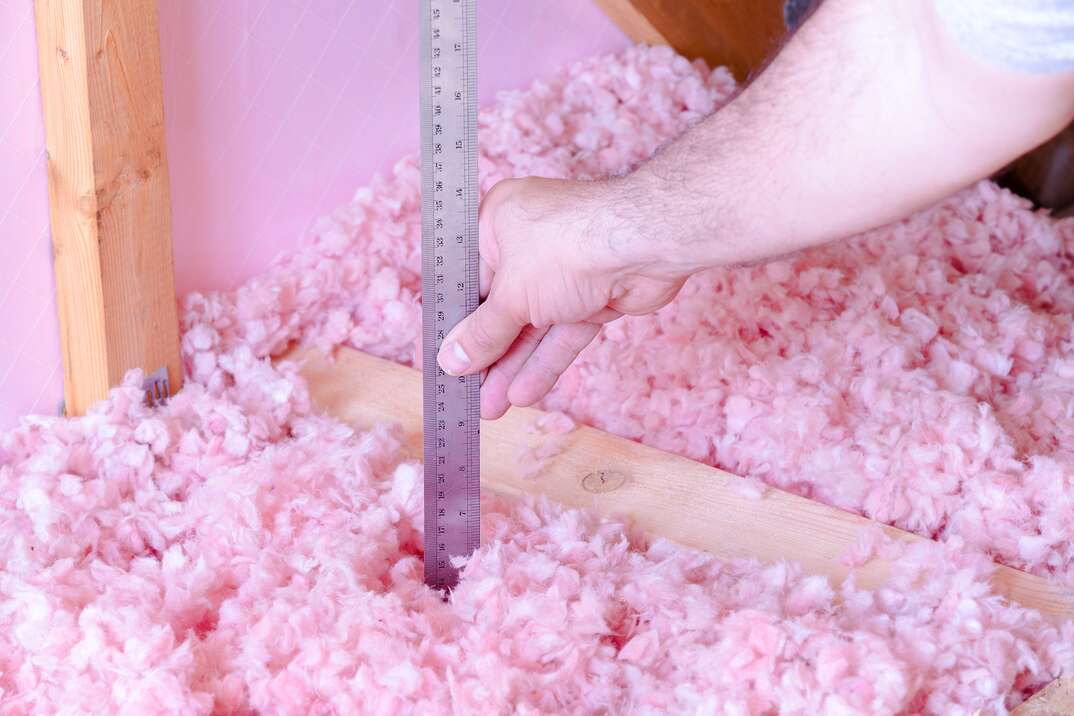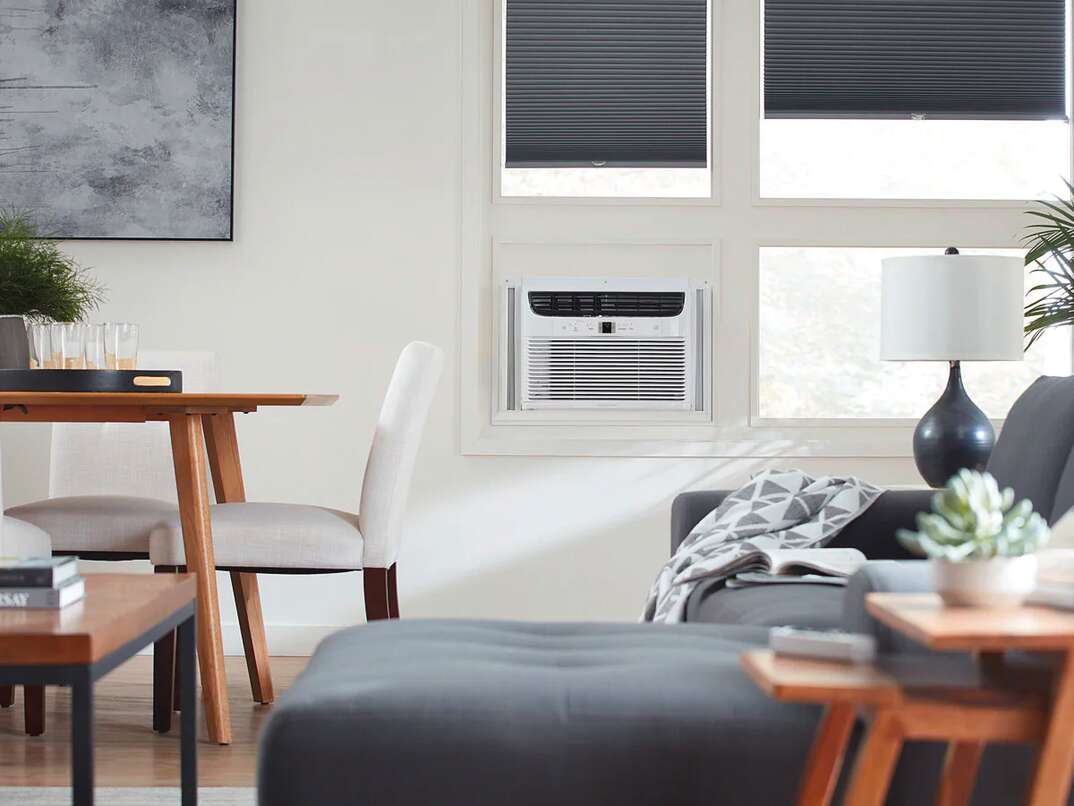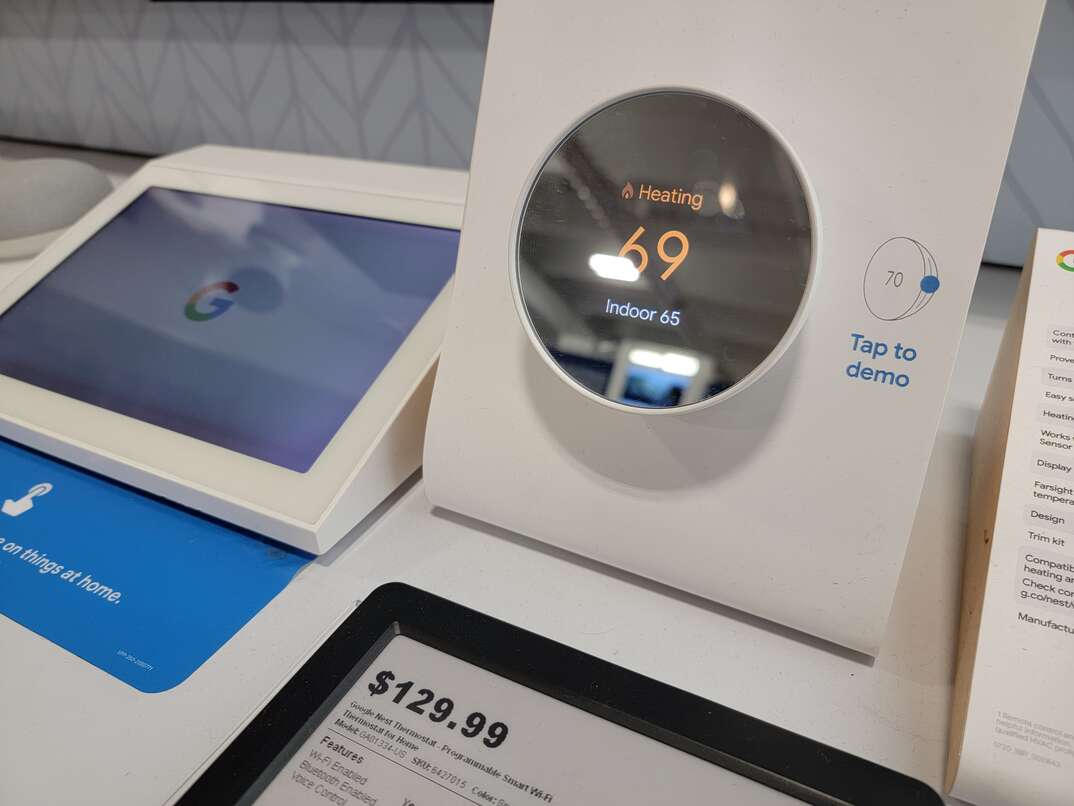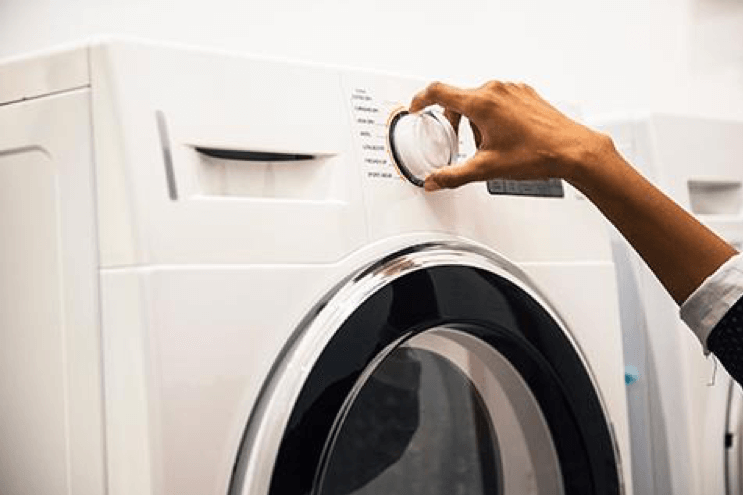What Size Air Conditioner Do I Need?
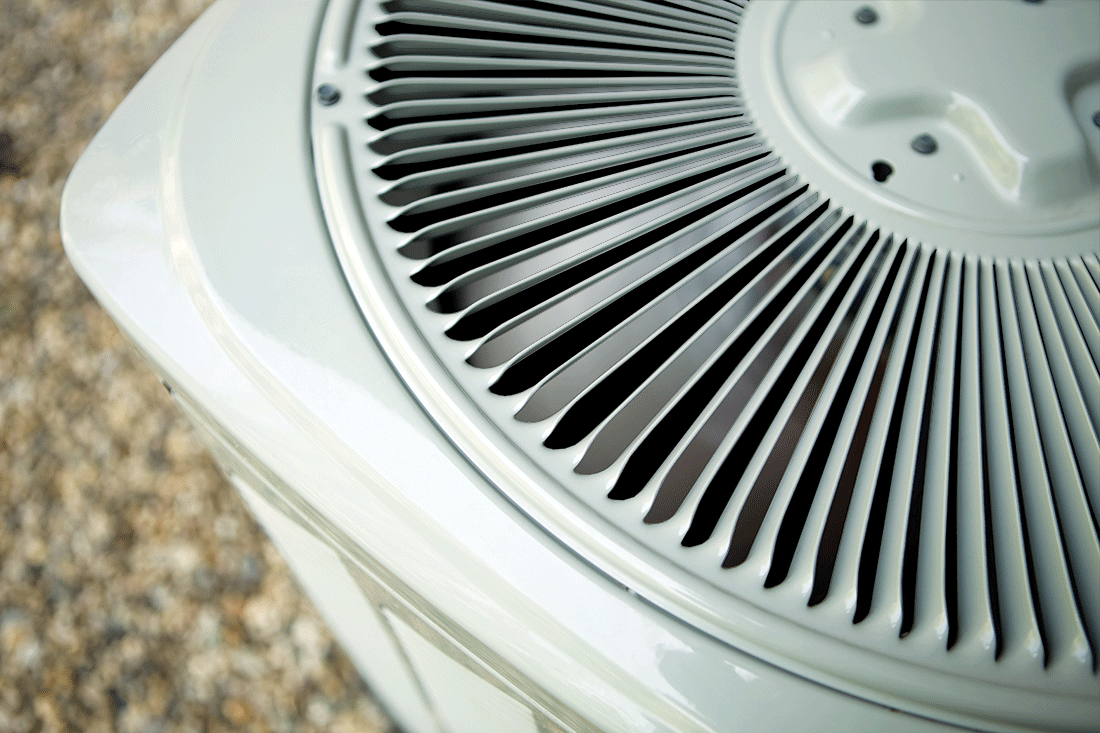
Searching for a new AC unit can be quite stressful. Making sure you get the right size AC unit for your home is integral to keeping your home cool during the warm summer months.
This May Also Interest You: Central Air Installation and Replacement Cost
Learn the important information you need to know when sizing out an AC unit.
What Size Air Conditioner Do I Need?
Figuring out the right size for your air conditioner can help you ensure that you’re getting the most efficient unit possible for your home. The unit size you need will depend on how big your home is, the climate you live in, and how many rooms are in your home. First and foremost, it’s important to understand which of the five regions you live in:
- Region 1 — Hot climates such as Texas, Florida, and Louisiana
- Region 2 — Warm climates such as California
- Region 3 — Mild climates
- Region 4 — Cooler climates
- Region 5 — Cold climates such as Minnesota
By understanding these climates, you will have a better understanding of how big you need your air conditioning unit to be. The warmer the climate, the larger the unit will be — as it will be under more stress to keep your home cool. This means you will need to spend more money on your unit, but skimping out on your AC unit to save a few hundred bucks is going to leave your home uncomfortably warm during the summer months.
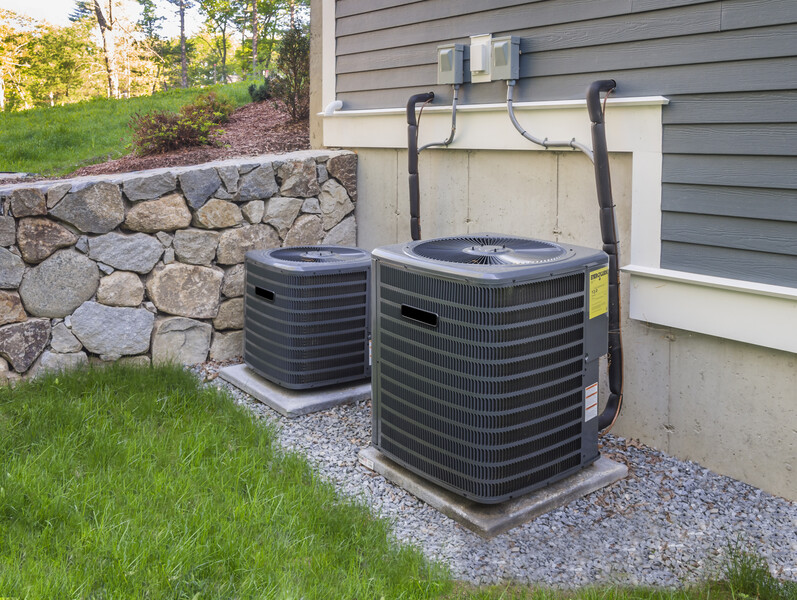
The Size of Your Home
The size of your home is equally as important when determining the size of the AC unit you need to properly cool your home. Your air conditioning unit can only produce so much cool air at a single time. If the unit is too small, it will not be able to produce enough air, especially for a larger home.
However, if you do live in a smaller home, you can get away with having a smaller unit, as the system won’t need to produce as much air. This is assuming that you live in a warmer climate. If you live in a cool climate, you can get away with a small AC (even in a bigger home) as your AC unit will be under less pressure.
Also, Consider Insulation
Another key factor to consider is how well-insulated your home is. Insulation’s main purpose is to keep warm and cold air out of your home. If your insulation is poorly installed, or worse, you have no insulation, the rooms of your home could be letting in too much warm or cold air, greatly impacting the temperature of your home.
If your house is poorly insulated, your unit will be under more pressure to keep the temperature in the home under control. This may require you to get a bigger unit, as you will need more air blowing throughout the home. Of course, the easier, cheaper way to fix this is by simply insulating your home, which could save you hundreds of dollars in the long run on your monthly heating and cooling bills.
Air Conditioning Square Footage Range by Climate Zone
We have established that you will need to know the size of your home and the climate zone you live in to accurately predict how big your unit needs to be. Here is the recommended AC unit size depending on the zone you live in and the size of your home:
Zone 1
- 600-900 square feet — 1.5 tons
- 901-1,200 square feet — 2 tons
- 1,201-1,500 square feet — 2.5 tons
- 1,501-1,800 square feet — 3 tons
- 1,801-2,100 square feet — 3.5 tons
- 2,101-2,400 square feet — 4 tons
- 2,401-3,000 square feet — 5 tons
Zone 2
- 600-950 square feet — 1.5 tons
- 951-1,250 square feet — 2 tons
- 1,251-1,550 square feet — 2.5 tons
- 1,501-1,850 square feet — 3 tons
- 1,851-2,150 square feet — 3.5 tons
- 2,151-2,500 square feet — 4 tons
- 2,501-3,100 square feet — 5 tons
Zone 3
- 600-1,000 square feet — 1.5 tons
- 1,001-1,300 square feet — 2 tons
- 1,301-1,600 square feet — 2.5 tons
- 1,601-1,900 square feet — 3 tons
- 1,901-2,200 square feet — 3.5 tons
- 2,201-2,600 square feet — 4 tons
- 2,601-3,200 square feet — 5 tons
Zone 4
- 700-1,050 square feet — 1.5 tons
- 1,051-1,350 square feet — 2 tons
- 1,351-1,600 square feet — 2.5 tons
- 1,601-2,000 square feet — 3 tons
- 2,001-2,250 square feet — 3.5 tons
- 2,251-2,700 square feet — 4 tons
- 2,751-3,300 square feet — 5 tons
Zone 5
- 700-1,100 square feet — 1.5 tons
- 1,101-1,400 square feet — 2 tons
- 1,401-1,650 square feet — 2.5 tons
- 1,651-2,100 square feet — 3 tons
- 2,101-2,300 square feet — 3.5 tons
- 2,301-2,700 square feet — 4 tons
- 2,701-3,300 square feet — 5 tons
What Is BTU?
BTU is an acronym for British Thermal Unit. It is a form of measurement that measures energy. One BTU refers to the amount of energy that’s required to increase the temperature of a pound of water by 1 degree Fahrenheit. It is most frequently used when talking about heating and air conditioning units. Because of that, most air conditioner units come with a BTU rating. This rating essentially tells you how powerful your unit is. The higher the BTU rating, the more powerful your unit is. Instead of heating, air conditioners remove heat from the air and circulate cool air back in. BTUs still work as a form of measurement in this case. Instead of measuring the amount of heat added to the air in your home, however, they measure how much heat is removed. Just like with heaters, the higher the BTU rating of an air conditioner, the more powerful it is.
How Many BTUs Per Square Foot?
It’s important that you choose the right BTU rating to ensure you get just the right amount of cooling necessary. You may think “the higher the number the better,” but having too high of a BTU for your home can lead to too much cool air being blown into your home. This may sound great, but it may hurt you in the long run. If your home cools too quickly, that means it shuts off immediately, which means your AC doesn’t have time to remove moisture from the air.
Additionally, when your home cools too quickly, the AC can cycle on and off more often to keep your home to its set temperature. This means that your unit is at risk for wearing out and breaking down much sooner than you may have anticipated.
Here are some of the recommended BTUs per square foot depending on the zone you live in:
- Zone 1 — 30-35 BTUs per square foot
- Zone 2 — 35-40 BTUs per square foot
- Zone 3 — 40-45 BTUs per square foot
- Zone 4 — 45-50 BTUs per square foot
- Zone 5 — 50-60 BTUs per square foot
If you are unsure as to what size you need your unit to be, you can always seek professional help to guide you through the process. A professional will not only install your unit for you, but they will also help you make sure the unit is the perfect size for your home and cooling needs.
When your AC unit stops blowing cold air in the middle of the summer, you need repairs as quickly as possible to ensure you and your family stay cool. Being prepared with a cooling repair plan from HomeServe is a great way to avoid dealing with costly repairs. When you have a plan in place, and a covered issue arises, simply call the 24/7 repair hotline and a local contractor will be sent to your home. See what plans from HomeServe are available in your neighborhood.
